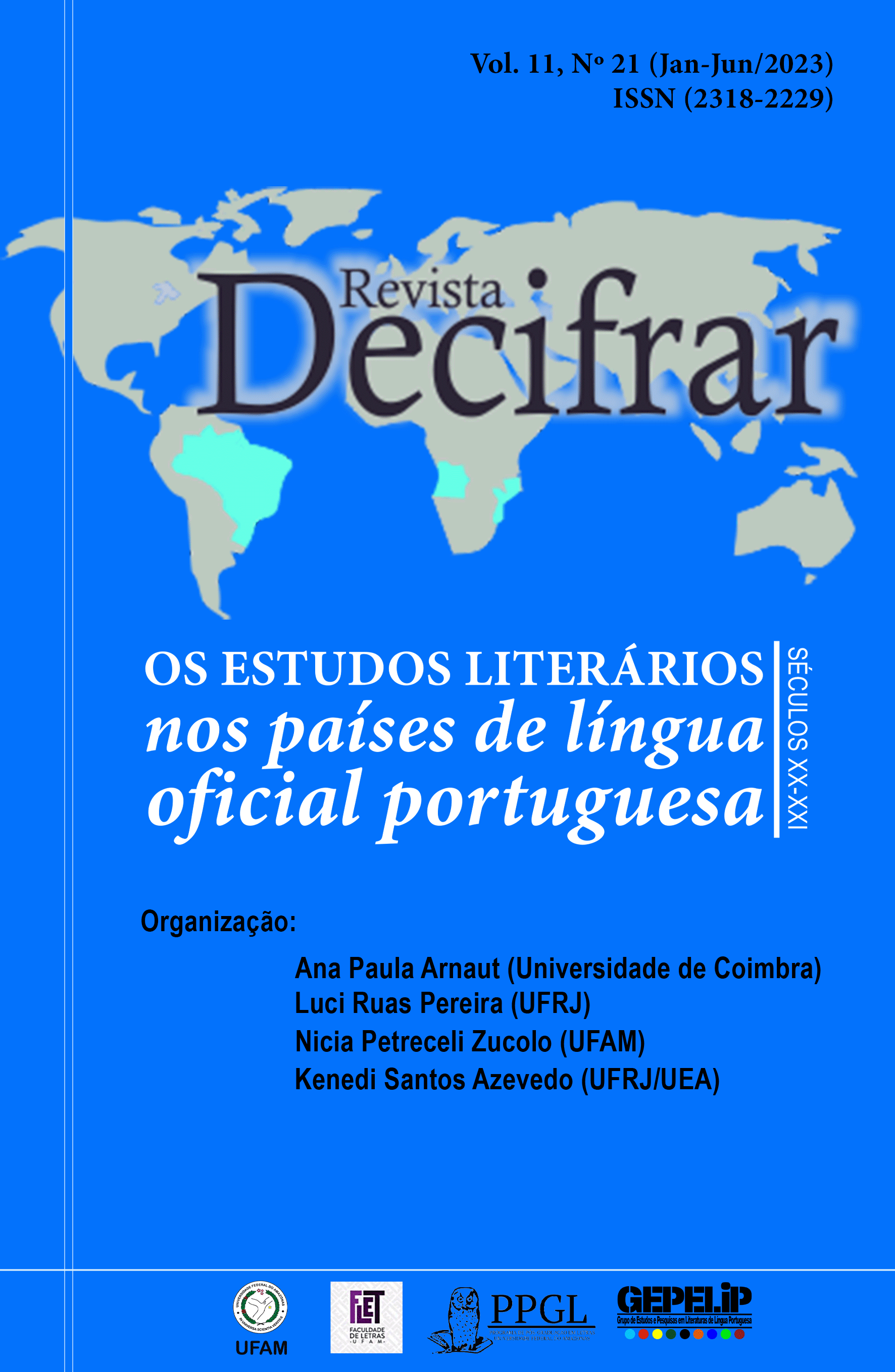UTOPIA EM CRÍTICA: ANGOLA ENTRE MAYOMBE E PREDADORES, DE PEPETELA
Abstract
The article focuses on analyzing the meanings of utopia and dystopia mobilized in the novels Mayombe (2013) and Predadores (2014), by Angolan author Pepetela. Written during the struggle against Portuguese colonial domain, Mayombe presents utopia as a marker for thinking about the Angolan nation in formation. At that time, expectations about Independence guided social relations, as well as visions of the future: a world without borders. The dystopian turn that happens in Predadores comes, in a large extent, from the limits of the power structure in Angola in the post-Independence (1975) and from skepticism about what has become the Popular Movement for the Liberation of Angola. If, in Mayombe, space is conceived as a place for the free flow of imagination, in Prepadores, space tends to be controlled by the necropower logical, a synthesis of the post-colonial paradox. However, the bonds of solidarity formed in the cracks of power continue to give force to the utopia of a dignified and fraternal life. Pepetela thus affirms his commitment to continue to signify the Angolan history.
Downloads
Downloads
Published
How to Cite
Issue
Section
License
Copyright (c) 2023 Marco Castilho Felício

This work is licensed under a Creative Commons Attribution 4.0 International License.
Todos os artigos desta revista obedecem a licença Creative Commons - Attribution 4.0 International (CC BY 4.0).









